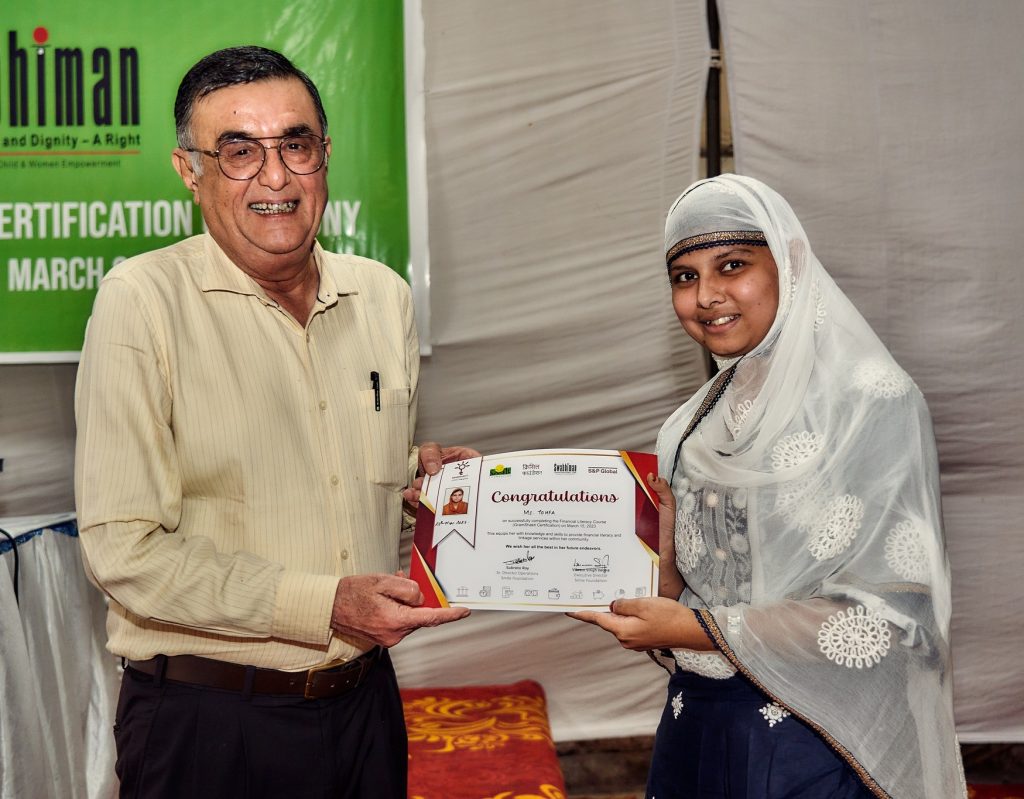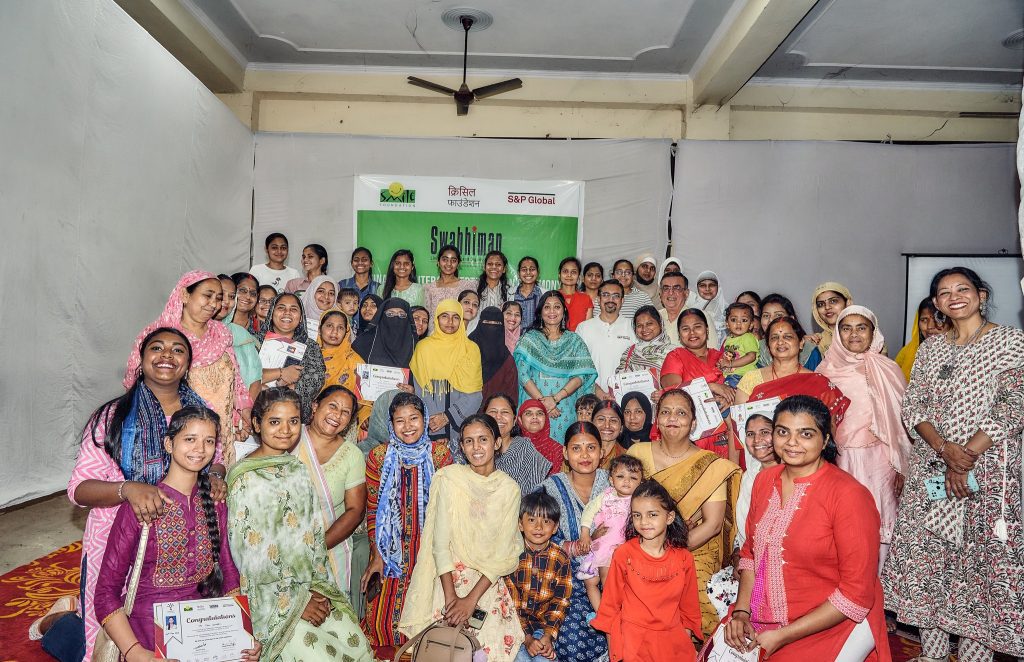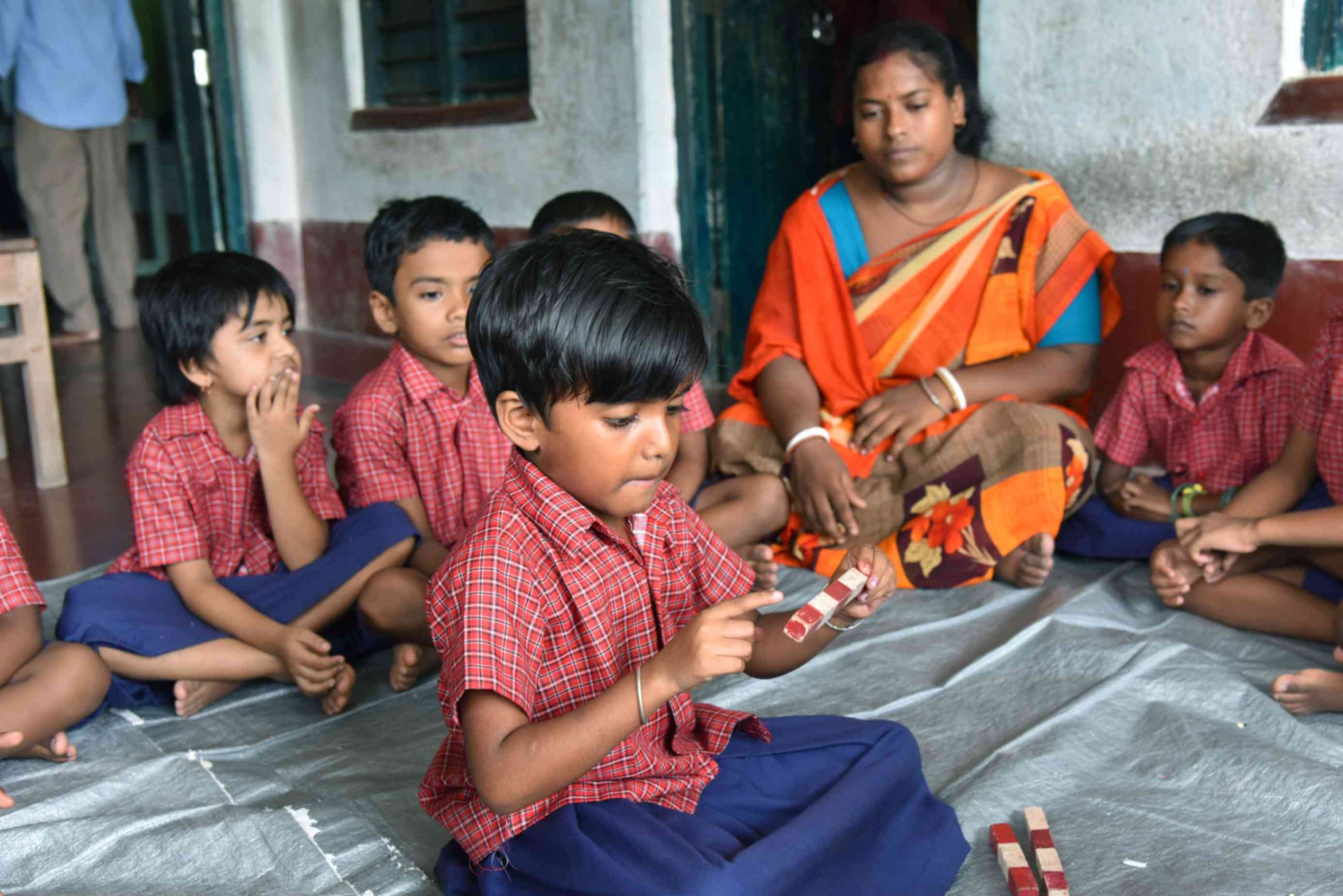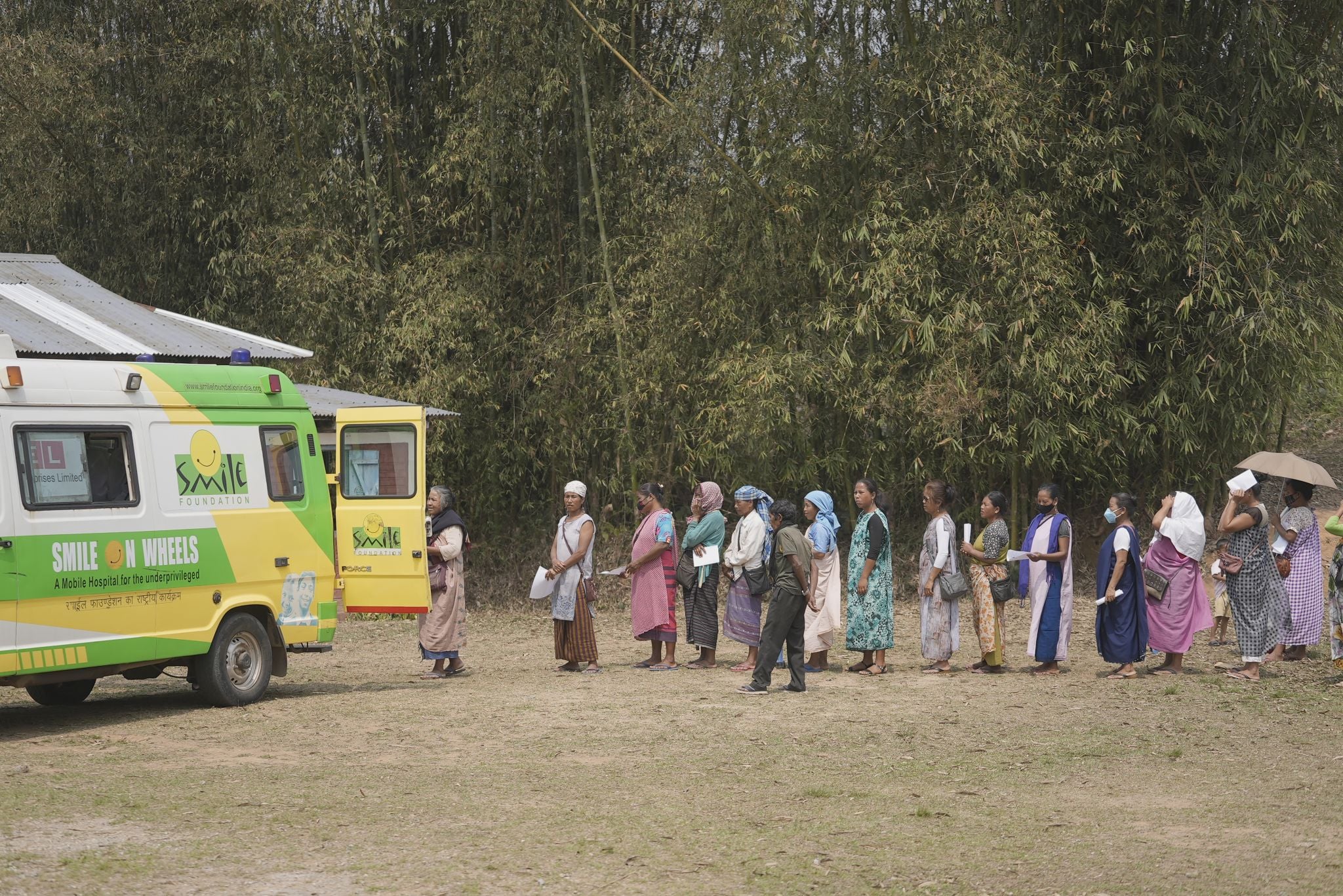Despite the progress in financial inclusion in India, credit usage among women remains low. According to the Global Findex 2021, only 13 percent of Indian adults formally borrowed in the year prior to the survey. Women borrowers constituted just 10 percent, compared to 15 percent of men. Furthermore, women in India receive credit equivalent to only 27 percent of their deposits, while men receive 52 percent, indicating a significant systemic gender gap in credit usage.
India’s dynamic and diverse economy has witnessed significant growth in recent years, with women entrepreneurs playing a crucial role in driving innovation and fostering economic development. However, despite their tremendous potential, women entrepreneurs in India face several challenges, especially when accessing credit and financial resources.
Current Opportunities for Women Entrepreneurs
Over the years, various initiatives and programs have been introduced to improve credit access for women entrepreneurs in India. One such game-changer is the Pradhan Mantri Jan Dhan Yojana (PMJDY), which has significantly contributed to financial inclusion. Since its implementation in 2014, more than 462 million accounts have been opened, with 56 percent belonging to women and 67 percent in rural and semi-urban areas.
This initiative not only brings a higher proportion of the population into formal banking channels but has also contributed to reducing the gender gap in account ownership.
- Dedicated Women Entrepreneurship Funds: Some financial institutions have established funds specifically designed to cater to the financing needs of women entrepreneurs. These funds may offer preferential interest rates, reduced collateral requirements, and customized repayment terms, enabling women to access credit with more ease.
- Women-Centric Entrepreneurship Programs: Many countries have initiated entrepreneurship initiatives that focus on women, providing training, mentorship, and financial support. Such programs equip women entrepreneurs with essential skills, boosting their confidence and capacity to run successful ventures.
- Government Policy Support: In certain regions, governments have introduced policies to promote women’s participation in business activities. These may include tax incentives, grants, or subsidies for women entrepreneurs, which serve as critical catalysts for their growth.
Barriers Faced by Rural Women Entrepreneurs
While advancements have been made in enhancing credit access for women entrepreneurs, rural women entrepreneurs encounter distinct challenges. Rural areas often suffer from limited financial infrastructure, making it harder for women in these regions to access credit. Some of the primary barriers faced by rural women entrepreneurs include:
- Lack of Financial Literacy: Rural women may have limited exposure to financial concepts and services, making it challenging for them to navigate the complexities of credit applications and financial management.
- Cultural and Social Constraints: In many rural communities, traditional gender roles and norms can hinder women’s ability to engage in economic activities, access credit, and make independent financial decisions.
- Insufficient Collateral: Financial institutions may still demand substantial collateral from rural women entrepreneurs, who may struggle to meet these requirements due to limited assets or property ownership.
Impact of Credit Access on Women’s Income-Generating Opportunities
Access to credit is crucial for women entrepreneurs, particularly during challenging times like the COVID-19 pandemic. An International Finance Corporation (IFC) 2022 report highlighted that approximately 90 percent of women entrepreneurs in India had not borrowed from formal financial institutions and 72 percent of female-led businesses lacked cash reserves during the lockdown of 2020, compared to 53 percent of male-owned businesses. This lack of credit access significantly affected their ability to sustain and grow their businesses during the pandemic.
Gender Sensitivity and Non-Financial Business Services
Gender sensitivity plays a significant role in women’s adoption of financial products. Anecdotal evidence suggests that women are more likely to use their bank accounts, as well as to save and borrow if a female banker or agent is available to help them. However, since financial institutions have primarily catered to men and male-owned businesses, they have a limited understanding of the sociocultural constraints and operating contexts faced by women and women-owned businesses.
Additionally, women’s access to non-financial business services can enhance their effectiveness as business owners, making them better equipped to utilize credit for business growth. Services like business coaching, tax-filing support, and product design can help contextualize the needs of women borrowers and improve their credit profiles.
A Gender-Sensitive Approach to Credit Access
For India to bridge the gender gap in credit usage and empower women entrepreneurs, a comprehensive ecosystem is needed. Financial institutions must promote convenience, provide gender-appropriate modes of engagement, and consider the broader needs of women’s lives and businesses. This approach could lead not only to greater credit access for women but also to improved outcomes for society as a whole.
By embracing a gender-sensitive approach and offering a wide array of services tailored to women’s unique needs, India can truly unlock the potential of its women entrepreneurs and propel the nation toward greater economic prosperity.
Improving credit access for women entrepreneurs in India is not only a matter of economic significance but also a step towards achieving gender equality and social development. By leveraging the existing opportunities and addressing the barriers faced by rural women entrepreneurs, societies can unlock the immense potential that women bring to the entrepreneurial landscape.
India’s journey towards gender equality in credit access will require continuous efforts, innovative solutions, and a genuine commitment to leveling the playing field for women entrepreneurs nationwide.
Smile Foundation and Women Empowerment

Smile Foundation’s women empowerment program, Swabhiman recently certified more than 160 women under financial literacy training during the Certification Ceremony held in Delhi. The project is working with the women of rural and slum communities so that they can step outside their comfort zones to help them become self-reliant and independent.
Women from diverse backgrounds, including daily wage workers, homemakers, and small business owners, have actively participated in the financial literacy project. Through this initiative, they have gained valuable knowledge about financial independence, fostering greater confidence in their abilities to stand on their own feet and lead a life of dignity.
Not only has this project improved financial literacy, but it has also positively impacted the way these women manage their daily household budgets, contributing to their overall empowerment and well-being.









